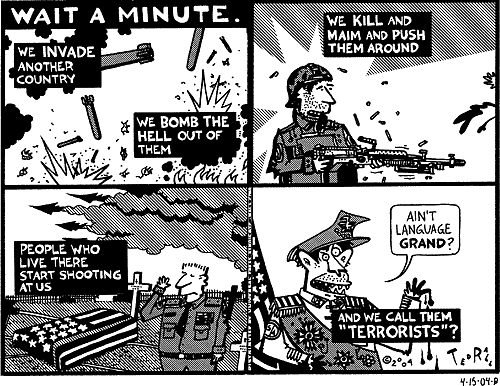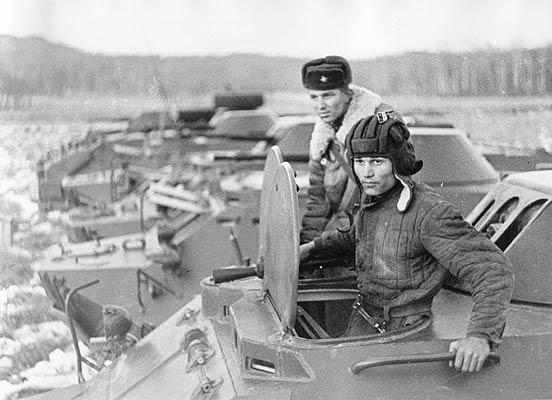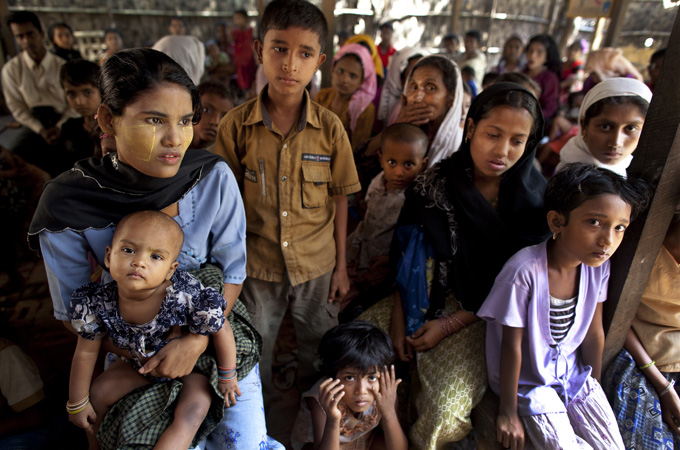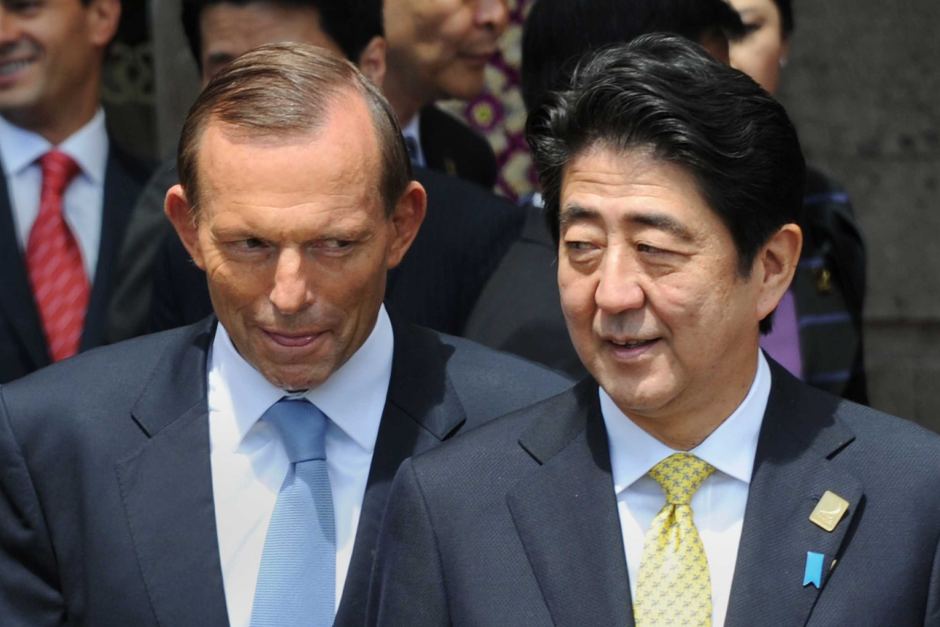
Harvard, Berghdal and the Politics of Terror
Much of the Bushspeak crafted by the neo-cons in the aftermath of 9/11 played a significant role in allowing the United States to shift the paradigm and reinvent the very idea of what constitutes war and, by extension, the enemy.
read more
Tiananmen Square 25 Years On: Dealing With Discontent
Chinese are certainly richer, but can prosperity alone eradicate the roots of public discontent?
read more
Seeing refugees: Remembering Tiananmen twenty-five years on
On 4 June, twenty-five years ago, the Chinese government turned the guns of the People’s Liberation Army on their own people as they protested peacefully in the streets of Beijing. It was a response so gross and ruthless that it left the rest of the world dumbstruck. In Australia, it precipitated an elegiac moment in our history; the last time a leader of one of the major parities responded to the plight of asylum seekers humanly. Prime Minister Bob Hawke sobbed as he promised Chinese students studying in Australia that if they didn’t want to return home they wouldn’t have to: Australia would offer them shelter.
read more
China is keeping one eye on developments in the Ukraine
China is watching the developments in the Ukraine closely and what happens there may well inform her foreign policy in the future, writes Tim Robertson.
read more
Horse Trading Human Rights in Myanmar
With the international community developing deeper economic interests in Myanmar, the Rohingya’s struggle is only going to become tougher.
read more
Abbott Lacks Tact On Asia
Tony Abbott’s North Asian tour today takes him to China. He should expect a frosty reception after broadcasting that the US-Japanese alliance is more important, writes Tim Robertson from Beijing.
read more